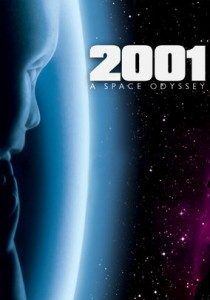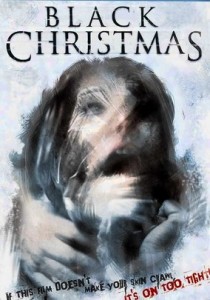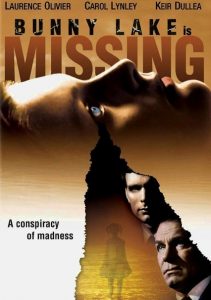2001: A Space Odyssey-1968
Director Stanley Kubrick
Starring Keir Dullea, Gary Lockwood
Top 250 Films #10
Scott’s Review #314
Reviewed December 31, 2015
Grade: A
In my opinion, 2001: A Space Odyssey (1968) is a masterpiece, pure and simple, and must be seen repeatedly to allow the message and the experience to sink in.
It is one of those films comparable to a fine wine – it just gets better and better with age, and this is palpable in deep thought, allowing the viewer to experience the rich taste of film art.
The delicious quality is meant to be savored and enjoyed- the slow pace and odd elements only enrich the film. Needless to say, it is one of my favorite Stanley Kubrick films.
Simply an epic journey through space.
Made in 1968, and not 2001, the film challenges and breaks down barriers in film, as Kubrick makes a film that he wants to make, and the results are genius.
The film contains no dialogue during the first twenty or the last twenty minutes.
The film begins in the African desert millions of years ago as the evolution of man is apparent- two tribes of ape-men dispute over a watering hole. A black monolith appears, and one of the tribes is guided to use bones as weapons.
Millions of years later, we meet a team of scientists, led by Dr. David Bowman and Dr. Frank Poole, as they embark on a mission aboard the United States spacecraft, Discovery One, on a journey to Jupiter.
The ship is mainly controlled by an intelligent, talking computer named HAL 9000, nicknamed “HAL”. Hal boasts that he is “foolproof and incapable of error”. As events unfold, the film dives into a study of humans versus technology in a cerebral game of mental chess.
The film is very tough to review analytically, as it is so intelligent and visually stimulating – it must be experienced. It challenges the viewer to think and absorb the events occurring.
Visually, it is breathtaking and still holds up shockingly well from this perspective. The use of classical music throughout- especially in dramatic scenes is effective.
The stunning scene where David and Frank converse about their suspicions regarding “HAL”, as the intelligent computer system looks on, is incredibly compelling. The scene is enhanced by the simple presence of an orange light, which seemingly displays a myriad of emotions (surprise, rage) in the viewer’s mind.
2001: A Space Odyssey (1968) is an enduring masterpiece.
Oscar Nominations: 1 win-Best Director-Stanley Kubrick, Best Story, and Screenplay Written Directly for the Screen, Best Art Direction, Best Special Visual Effects (won)


